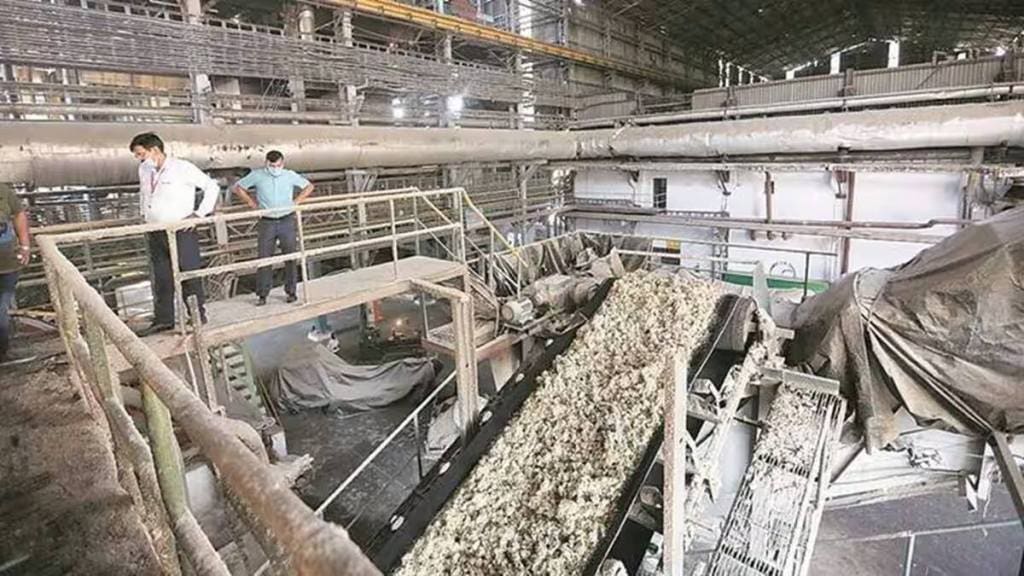Close on the heels of the ban on exports of non-basmati white rice imposed last week to contain cereal inflation, the government is likely to put restrictions on supply of surplus rice from the Food Corporation of India’s (FCI) stocks for manufacture of ethanol.
The proposal is ‘under active consideration’ of the government, an official source said. Though monsoon rains in the last two weeks have given a boost to sowing of kharif crops including paddy and surpassed last year’s level, the government was still cautious about the crop prospects.
For ethanol, the government has fixed the price of rice at Rs 2,000/quintal, much below the Rs 3,100/quintal offered under the Open Market Sale Scheme (OMSS) for the bulk buyers.
In the current ethanol supply year (December-November), the government has allocated 3 million tonne (MT) of rice for ethanol production, but only 1.3 MT has been released so far.
In 2021-22, the FCI sold 1.02 MT of rice for the production of ethanol at a price of Rs 2,000/quintal ex-FCI godown. In 2020-21, the government had allocated 81,044 tonnes of FCI rice to distilleries for ethanol production at Rs 2,000/quintal ex-FCI godown.
Currently the oil marketing companies say that currently ethanol blending of 11% in the petrol has been achieved. To achieve a 20% blending target in the next couple of years, ethanol from foodgrains such as maize, damaged food grains and rice available with FCI has been allowed.
Officials said that distilleries usually produce ethanol from molasses, a by-product of sugar. However only the sugarcane route for manufacturing ethanol is not sufficient to achieve the 20% blending with petrol target by 2025.
Last week, the government imposed a ban on export of non-basmati white rice with immediate effect. The move would hit global grain supplies, even as it may help contain cereal inflation which has remained in double digits since October last year.
Industry sources said with the abrupt ban on the white rice exports is expected to hit around 7 MT of shipment of rice variety out of the total non-basmati rice shipment of 17.78 MT in 2022-23.
India has been the world’s largest exporter of rice over the last decade with more than 40% share in global rice trade. Non-basmati rice accounts for 80% of the total exports of rice. While the export markets are quite diversified, the major markets include Bangladesh, China, Nepal, Iran and most African countries.
Retail rice prices rose by 11.78% in June and had been rising in double digit since the beginning of the year. Sources said that the retail rice prices have increased by 3% over the past month.
Meanwhile, FCI continue to receive lukewarm response in the third e-auction for sale of 0.37 MT of rice with bidders offered to purchase only 10 tonne of grain.Since the beginning of the month, the corporation has sold only 470 tonne of rice under OMSS for bulk buyers.
The corporation currently has 25.23 MT of rice,which excludes 14.7 MT of rice yet to be receivable from millers. The rice stock is against the buffer of 13.54 MT for July 1. It needs 36 MT of rice annually for allocation under the national food security act.


